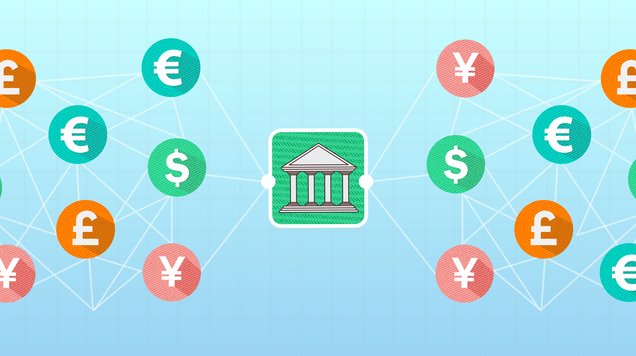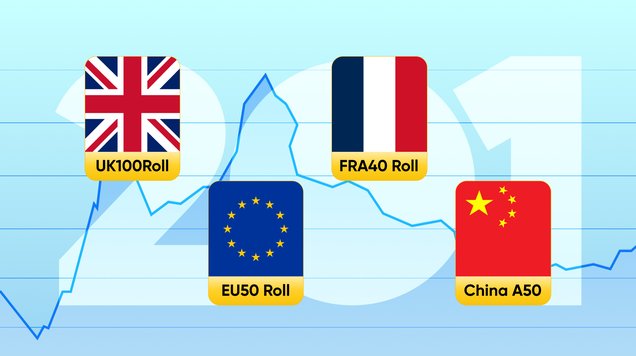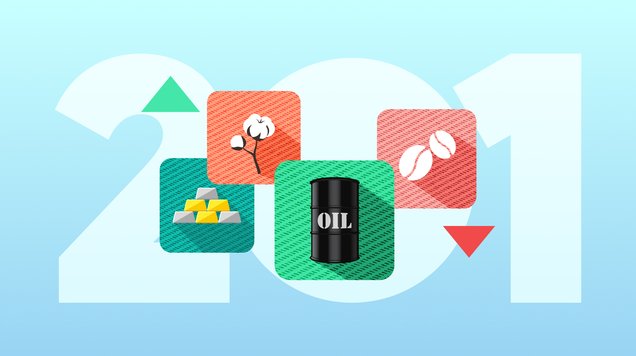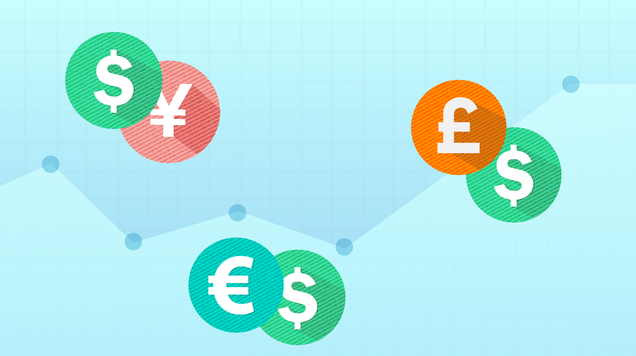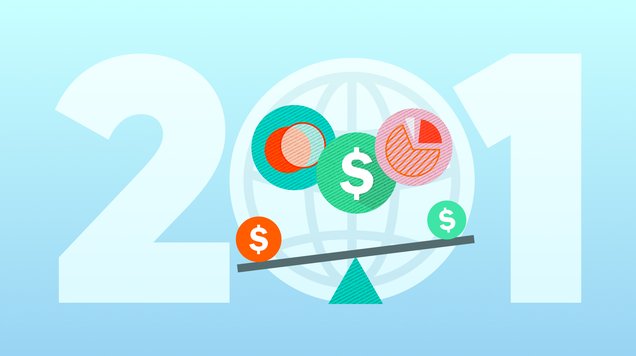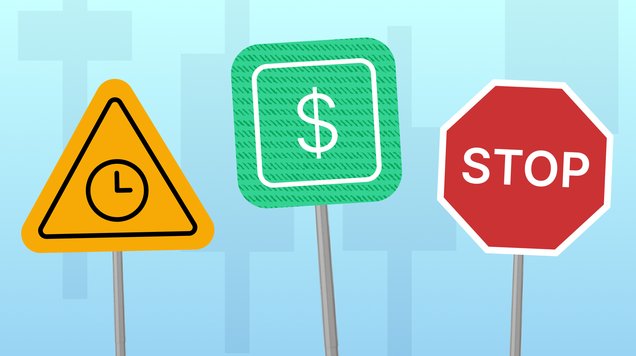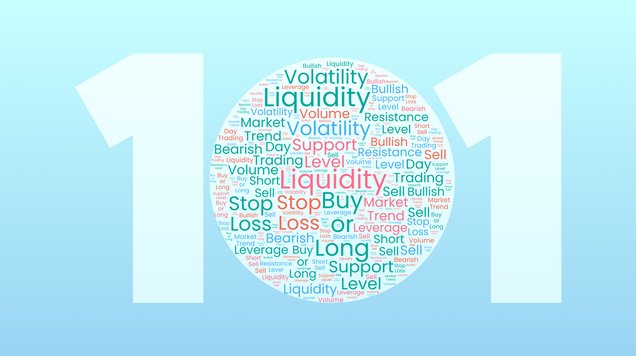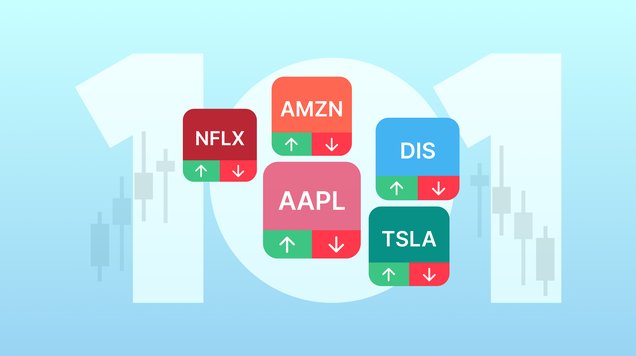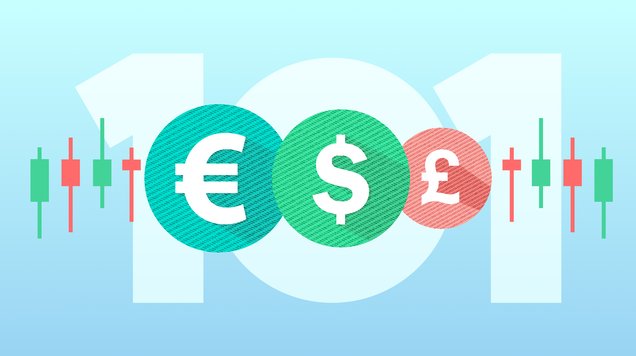How to choose a good broker
What makes a good broker? This article looks at the things you should pay attention to when choosing the best online broker for your online trading needs

Your choice of broker can significantly impact your trading journey, which is why it’s important to select one that aligns with your goals and offers the necessary support, tools and products
It is important to consider the broker’s product offering, the platforms and tools available, and potential trading costs such as commissions, spreads, swap over and deposit fees
Only trade with regulated brokers to ensure your deposits and personal data are handled safely
Most brokers will allow you to explore their product offering, platforms and tools with a demo account
What kind of broker do you need?
In today’s financial landscape, online trading has become more accessible and intriguing to many who wish to explore the opportunities in global markets. To start trading on financial markets an intermediary is required to provide a trading account, facilitate trading contracts, process transactions, and provide essential tools for market analysis.
In online trading, this intermediary is a broker, who provides a platform for individuals to manage and place trades on over-the-counter products, such as EUR/USD from the New York Stock Exchange (NYSE).
Choosing the right broker for your investment goals gives you a better chance of achieving your trading objectives. When choosing a broker, you should consider what products you want to trade, what kind of support you need and what’s your level of experience.
Online brokers offer a different level of products and services for individuals interested in trading. Some brokers offer investment advice and can manage accounts and trades for their clients. Other brokers only execute orders, which means the client places their own orders and manages open positions independently. Using an execution-only broker, the client retains full control of their own trades and can instantly place or close trading orders from their own account.
Your experience will also determine what kind of broker suits you best.
STP brokers (Straight Through Processing) are execution-only, which means no dealing desk is involved and trades (or ‘market orders’) are routed straight through. Previously known as DMA (Direct Market Access) brokers, these are often the best option for experienced, high-volume and active traders; who are likely to manage their own trades, constantly follow the markets, and react quickly to potential opportunities.
Passive or new traders may prefer to work with an Introducing Broker who manages their trades for a commission or a Dealing Desk broker that often allows for smaller trade sizes, but at the cost of wider spreads.
Beginner traders also prefer STP brokers, as their direct exposure to market activity is beneficial to learning quickly. If you are new to trading but want to become a confident trader and manage your own investments, consider practicing with a risk-free demo account first. With a demo account, you can become familiar with the products that are available, and try analysis and other trading tools on the trading platform without having to invest any money. It’s an easy way to learn more about trading and develop your skills.
Broker selection tips
There are a lot of brokers offering similar services, so let’s explore some of aspects you should look out for when choosing a broker.
1. Regulation: Ensure a safe trading environment
When starting to trade online, security should be one of your top priorities. To trade safely and protect your data and deposits, it’s important to only trade with brokers that are regulated by reputable financial authorities. This means that the broker needs to comply with certain rules and regulations that ensure a fairer environment for all.
A regulated broker follows appropriate procedures to handle your personal details and the capital you invest securely. This is done, for example, by keeping client funds segregated and not merging them with the broker’s own assets or business interests. A regulated broker must also provide all the necessary documents, addresses and contact details to be approached if necessary.
If you’re looking for information about the licenses and regulations that the broker follows, it should be made clear on all documents, emails and of course - their website!
2. Assets: Diversify your portfolio with exciting products
It’s essential to have a trading plan in mind before choosing a broker. You should consider things like what products you want to trade, how active you are planning to be, how much money you are ready to invest and what’s your appetite for risk.
Shares, commodities, indices, ETFs, and currency pairs are examples of CFD products available for traders online. The markets differ from each other by volatility, liquidity, and riskiness. You should always build an asset portfolio that mirrors your risk appetite.
Many brokers have a huge product offering and while more variety gives you more options to choose from. If they don’t have the exact products that you are looking for, they might not be the right broker for you.
3. Payments and pricing: Evaluate costs and fees
Trading costs more money than just the initial deposit to your account. Costs associated with trading can eat into your profits so understanding the pricing structure and fees is crucial. Costs also apply to unsuccessful trades.
Compare factors like spreads, commissions, and overnight fees between different brokers. A good broker is transparent with their pricing and doesn’t have hidden costs. The pricing information should be available on their website.
Deposit and withdrawal fees are another important part of the pricing as you need to fund your account to open trades. Even if the broker doesn’t charge deposit fees, your bank or payment method provider might have fees that apply.
When it comes to deposits and withdrawals, it’s worth checking what deposit and withdrawal methods are offered by the broker and make sure your preferred payment method is available. Brokers often accept debit and credit cards, bank transfers and eWallets as deposit methods. There might be also local solutions available depending on your country.
4. Trading platforms and tools: Make smarter decisions
A user-friendly trading platform with advanced tools can enhance your trading experience, effect how efficiently you can execute trades, and manage your portfolio. Look for brokers that offer powerful platforms, advanced charting and analysis tools, real-time market data, and risk management features.
MetaTrader 4 and MetaTrader 5 are amongst the most well-known and popular trading platforms, and some brokers might also have their own proprietary platforms and mobile applications too. The best trading platforms have features like enhanced market depth, several execution modes and order types, economic calendars, and powerful trading tools.
In addition to trading tools like trendlines, expert advisors and trading robots; brokers may offer analysis tools for traders to make informed decisions and spot opportunities in the fast-moving markets.
Advanced analysis tools provide pro insights based on technical, fundamental, and sentiment analysis. They give daily actionable trading ideas to make it easier (especially for beginners) to identify exciting possibilities for profit.
5. Customer support: Easy access to help
Easily accessible customer service is one factor that defines a great broker. Financial markets move quickly, and when you have your capital invested it helps to receive answers quickly.
Prioritise brokers that offer real human support and various channels of communication (such as live chat, email, and phone support), to ensure that you can quickly resolve any queries. Some brokers have customer service in several languages, and choosing a broker that offers help in the language that suits you will help avoid unnecessary confusion.
6. Additional resources: Expand your knowledge
Now we've gone through the basics, it’s time to ask if your chosen broker offers something extra.
These perks could be market news, free seminars or webinars and educational content that can help you advance your skillset and teach you new ways to generate wealth. No matter your level, extra support and resources can always benefit your knowledge base and increase likelihood of profitability.
All these extra benefits can make a difference, and therefore choosing the right broker is a critical decision that can significantly impact your success in online trading. A well-chosen broker can be a partner and a valuable asset on your financial journey to success, but it’s important to remember that markets can always react in exciting and unpredictable ways.
